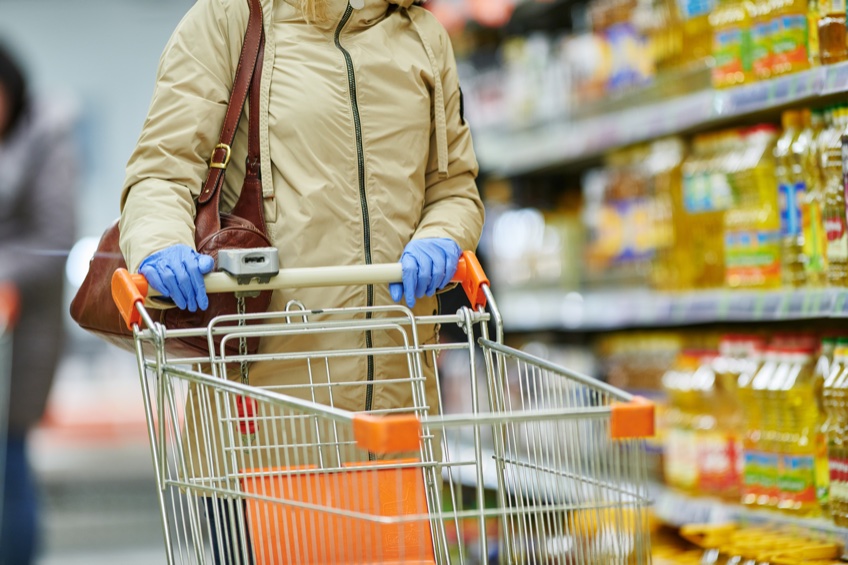Our Terms & Conditions | Our Privacy Policy
Federal interference: Spirit Airlines files Chapter 11 bankruptcy, as FTC blocks Kroger-Albertson merger

The interference of the government in the private sector is playing out this week in two sectors: Aviation and grocery.
In January, a judge blocked JetBlue’s acquisition of ultra-low-cost Spirit Airlines for $3.8 billion. On Monday, Spirit filed filed for Chapter 11 bankruptcy protection, unable to recover from the onerous, federally mandated Covid travel restrictions, and not allowed by the court to sell to JetBlue, the nation’s sixth-largest airline. Spirit is the seventh-largest.
Judge William Young said at the time, “A post-merger, combined firm of JetBlue and Spirit would likely place stronger competitive pressure on the larger airlines in the country” and that “the consumers that rely on Spirit’s unique, low-price model would likely be harmed.”
Attorney General Merrick Garland in January called the ruling “a victory for tens of millions of travelers who would have faced higher fares and fewer choices had the proposed merger between JetBlue and Spirit been allowed to move forward.”
But now, Spirit Airlines is in trouble and cannot pay its bills. It’s unclear if this bankruptcy reorganization will end in a Chapter 7 bankruptcy and closure of the business altogether.
The parallels with the attempted merger of Albertsons and Kroger grocery retailers are ripe for comparison this week.
Rep. Mary Peltola vociferously opposed the merger of the two major grocers, saying it would harm Alaska consumers, even though the companies said they would spin off their Alaska properties as part of the merger. Alaska would not be impacted. Peltola has taken credit for stopping the merging of the two companies.
On Tuesday, not learning its lesson from the Spirit bankruptcy filing, the Federal Trade Commission moved to block the proposed merger between Kroger and Albertsons.
It’s one of the biggest interferences ever committed by the federal government in private-sector matters.
Albertsons has said that without the merger, it will have to rethink its entire business model to survive, including store closures and layoffs.
Albertsons, which owns Safeway, has struggled to compete in today’s rapidly evolving industry landscape, where its market share has declined significantly to Costco and Walmart.
Alaskans may see Safeway stores — Carrs-Safeway in Alaska — closed as a result. The FTC decision is also a gift to companies like Walmart and Sam’s Club, Costco, Amazon, and other behemoth companies that compete in the grocery and goods sector.
The FTC decision comes at a time when the Anchorage Assembly has increased the freight tariffs for food and other goods coming through the Port of Alaska. Alaska consumers are feeling the pressure as freight charges will increase by 7.5% in December, after the Assembly decided to get around the voter-imposed tax cap by creating a tariff that impacts Anchorage consumers and those across the state whose goods come through the port.

Images are for reference only.Images and contents gathered automatic from google or 3rd party sources.All rights on the images and contents are with their legal original owners.



Comments are closed.